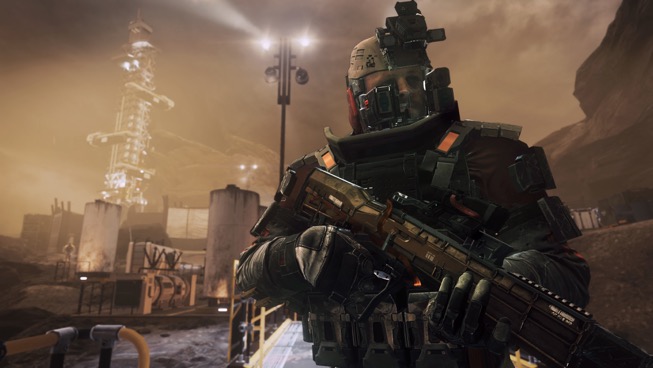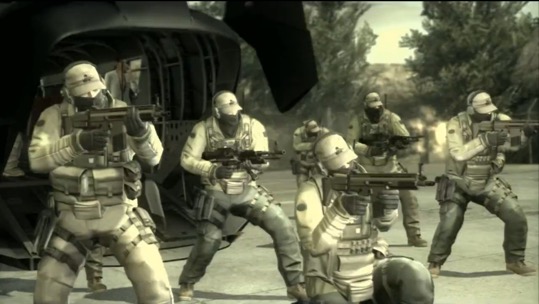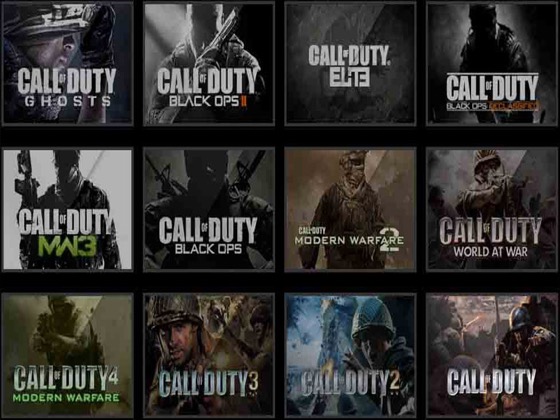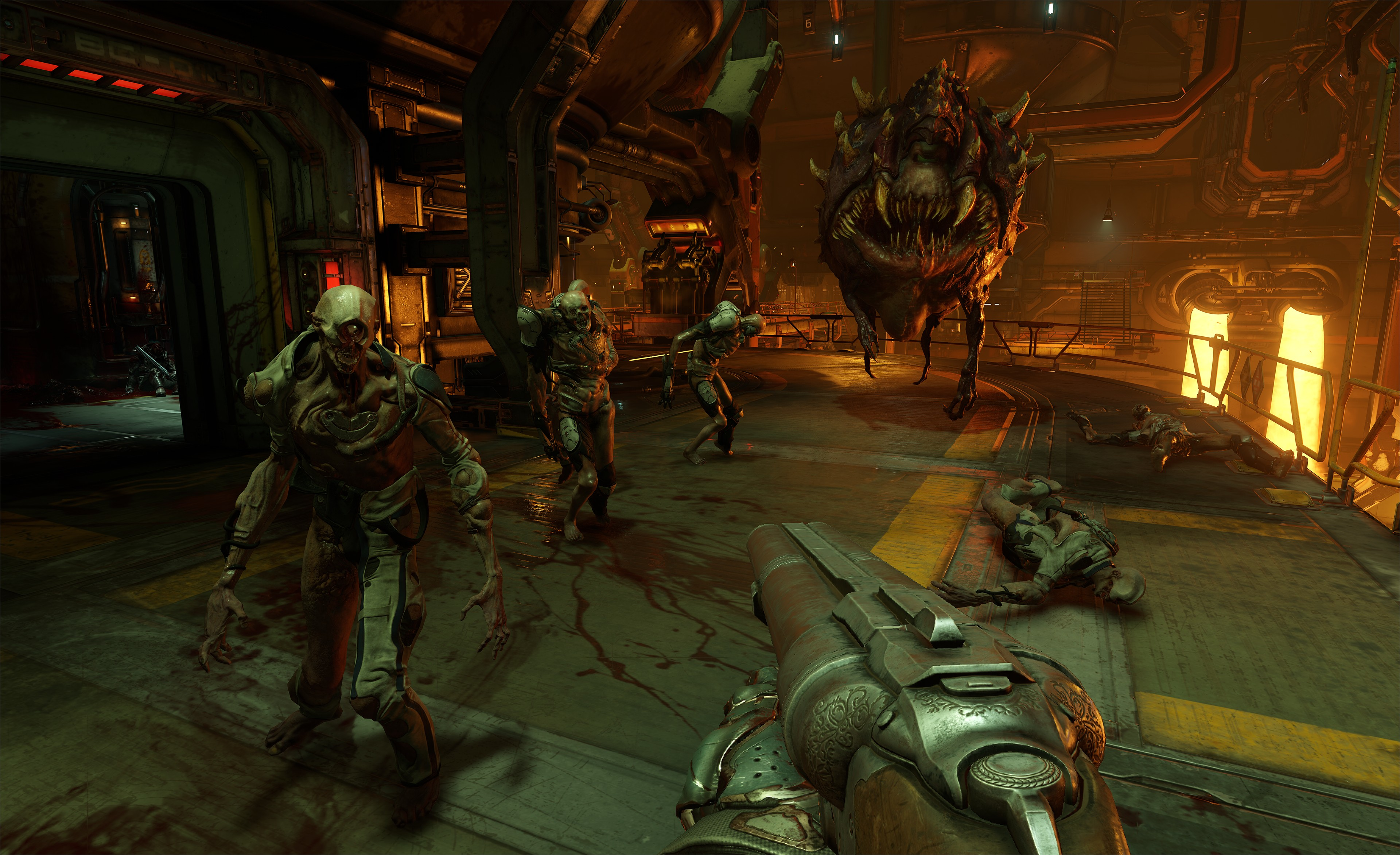Loot Boxes

It’s notable now when a game doesn’t try to incorporate some form of micro transactions into their multiplayer modes to extend their revenue streams out for as long as possible. This speaks to an attitude where companies are competing to be the single game that players buy, keeping them in their ecosystem from as long as possible, and they’ve taken many lessons from the massively popular free-to-play mobile games that dominate the handheld marketplace. But there is a juggernaut that many people ignore. Valve’s moves towards long-term monetization of their stable of multiplayer games has changed the video game industry tremendously, adding a virtual slot machine mechanic to most large multiplayer games that come out. While the gaming community has poked fun at the “hat simulators” for years, we have seemingly ignored the way the crate and key mechanics of Valve games has created this landscape.
Titanfall 2 - Review

It is not often that a shooter manages to get almost everything right. Every year we see so many games try and so many of them fail. The original Titanfall was a great game, that simply didn't last long enough to be fantastic. What was there was excellent, but there simply wasn't enough stuff packed in the box to leave many gamers, including me, satisfied. With Titanfall 2, we finally have what the first game promised to us and teased us with, and it is the best shooter of the year. It has a fun, if slightly ridiculous (in the best way) campaign, and a fantastic multiplayer mode that I've already dumped way too many hours into, that I can see myself playing for a long time. It is the most complete package on the market right now, and all signs point to its strength going forward.
Call of Duty: Infinite Warfare - Review

In some ways, Call of Duty: Infinite Warfare is the most interesting Call of Duty game to release since Modern Warfare. For once, they have finally nailed down the shooter campaign story in a way that no other game quite has this year. It goes to places that are legitimately surprising to see as a player, and they actually try to say something with the story. But at the same time, the multiplayer experience is subpar. Which is so out of left field for a game like Call of Duty. It is the exact opposite of what you would expect when you pick up one of these games each fall.
Who is the Next Enemy?

lt is no secret that video games have you kill a lot of people. If you have played them with any sense of regularity, chances are that by now you have gunned down tens of thousands of monsters, terrorists, and soldiers across the ages. Every few years, games go through distinct phases where enemies all seem to be the same type. We’ve had the World War 2 era, where Nazis were the cannon fodder of choice. Before that we had monsters and mutated freaks. Russian and Chinese soldiers were the flavor of the month for a while, and the zombie craze is still ongoing. Generic terrorists are always a good fallback, and it’s no surprise when a popular game relies on one of these clichés for their antagonists. But as our world becomes more complex and our threats become more fluid it has raised interesting questions for players and developers, and it asks us: Who is the next target?
Going Back To Call of Duty

It has been interesting to see where Call of Duty has ended up. I came to the franchise back in 2005 with Call of Duty 2: The Big Red One and got hooked when I first picked up the original Modern Warfare. Call of Duty 4 changed the face of the modern shooter, and when it was announced that it was being re-released with this years integration of the franchise, it felt like it was time to go back and see where modern Call of Duty games began, and where they began to go off the rails. I have not been drawn into the last few titles and a part of me missed the simplicity of the older titles. While they kept the fast-paced, frenetic action, they shortened the feedback loop and added in so many different systems that started to overwhelm me. There was always something going on: a different medal, award, or unlock. It got to the point where there was always something flashing across my screen, and it started to lose its attraction.
Living Life Down the Barrel of a Gun

For all of the broad range of experiences that games can offer to us, the actual ways in which we are allowed to interact with them is rather limited. Most game screens look remarkably similar from a UI point of view. There is some sort of health bar, possibly a map or objective indicator in one corner, maybe a crosshair in the center of the screen, but invariably, the bottom right corner of the screen is almost always taken up by a gun. There are a few games that don’t follow this, but in the mainstream, first-person games that don’t shove a gun into your hands are the vast minority. And if your hands are filled with a gun, they have a knife, or a sword, or a bow, your weapon is offscreen, waiting to be pulled up with a single button press, aching to strike out at someone.